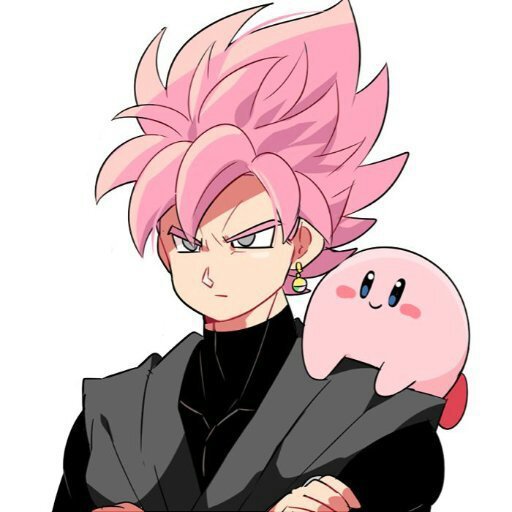This is something I have been unable to understand despite the amount of examples. Many games of the 80's-90's were harder in the US and Europe.
I can understand this happening for arcade games, because of the need to get a lot of money by pushing people to put coins. However, this remains a mystery regarding console games. Did developers assume that this was what people wanted, that they would sell more units? There are very notorious examples like Streets of Rage which does not only make enemies tougher, but taunts you with a noncomplete experience if you play in very easy.
I don't know if publishers made secret studies proving western players were more skilled.
Some say that Japanese players like games to be not too hard, but that does not explain the big rise on the difficulty in the Was it because developers lacked experience and did not know how to balance games?
In my mind I associate Japan to strong will and super hard work, so the idea of making games easier would be because Japanese customers need to relax?
I can understand this happening for arcade games, because of the need to get a lot of money by pushing people to put coins. However, this remains a mystery regarding console games. Did developers assume that this was what people wanted, that they would sell more units? There are very notorious examples like Streets of Rage which does not only make enemies tougher, but taunts you with a noncomplete experience if you play in very easy.
I don't know if publishers made secret studies proving western players were more skilled.
Some say that Japanese players like games to be not too hard, but that does not explain the big rise on the difficulty in the Was it because developers lacked experience and did not know how to balance games?
In my mind I associate Japan to strong will and super hard work, so the idea of making games easier would be because Japanese customers need to relax?


